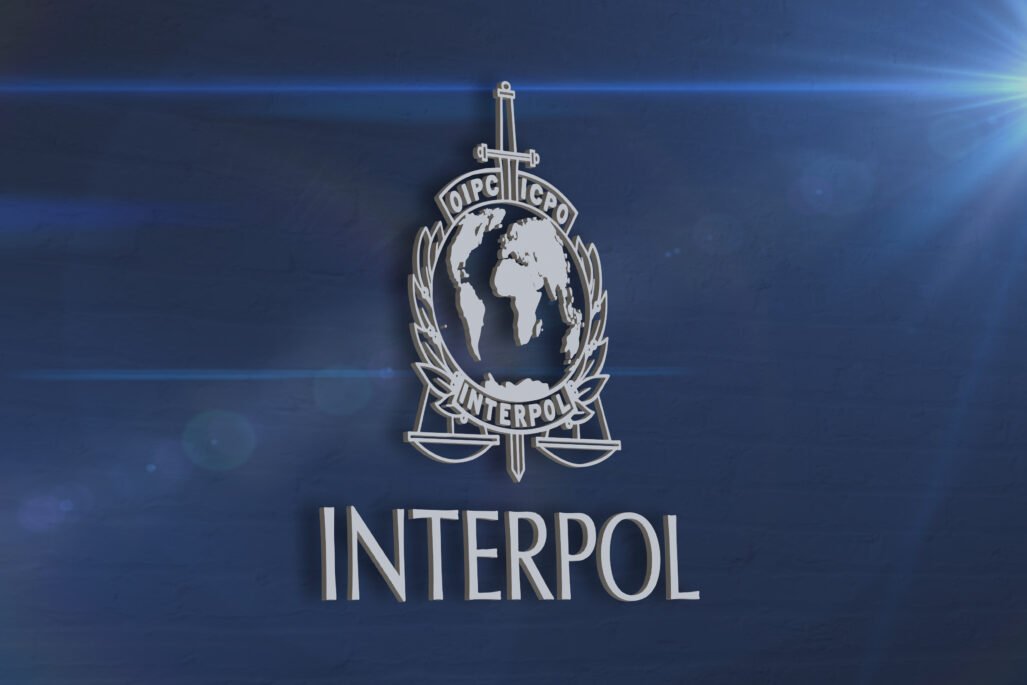When a person is wanted by a foreign country, they often discover this only when arrested at an airport, on their way to a vacation or business trip. Behind such arrests usually stands an Interpol Red Notice. However, it's important to understand: Interpol is not a law enforcement body, but an international system for exchanging intelligence and criminal information.
In this article, we'll review what Interpol is, what types of notices exist, who can issue a Red Notice, whether it's valid in every country, what the implications are – and how a criminal lawyer can assist in the case of an Interpol warrant.
What is Interpol?
Interpol (International Criminal Police Organization) is an international organization comprising 195 member countries, whose purpose is to assist in coordination between law enforcement authorities in different countries. The organization operates a secure communication system for transferring criminal information between countries – including arrest requests, information collection about suspects, and security alerts.
Interpol has no jurisdictional authority or police powers of its own – all arrests or legal proceedings are carried out by local authorities in the country where the person is located.
What are the types of Interpol notices?
Interpol does not issue "warrants" but rather "notices." Here are the main types of notices:
- Red Notice – the most dramatic request. Serves as an international arrest warrant, intended to locate and arrest a person pending extradition to the requesting country.
- Blue Notice – request to locate a person's whereabouts.
- Green Notice – information about dangerous criminal activity of a person, without an extradition request.
- Yellow Notice – to locate missing persons, including minors.
- Orange Notice – warning about security threats.
- INTERPOL-UN Notice – against persons subject to UN Security Council sanctions.
Who can issue a Red Notice?
Only an Interpol member country can request to publish a Red Notice, through its authorized national body (in Israel – the Israel Police). The request is forwarded to Interpol headquarters in France, which examines whether it meets the treaty conditions – for example, whether it involves a criminal offense, and not a political, religious, or racial offense.
Does a Red Notice mandate arrest?
No. A Red Notice is not a mandatory arrest warrant, and each country decides for itself whether to act on it. There are countries where the notice immediately translates to an arrest warrant – like Russia, Turkey, or Argentina – and there are countries that require an independent judicial process, like Germany, Canada, Britain, and the USA.
How do you know if there's an Interpol notice against you?
Most notices are not public. However, some Red Notices are available on Interpol's official website. In other cases, you can only know about a notice when attempting to cross a border, or after receiving inside information from the Interior Ministry or a government authority.
What are the implications of a Red Notice?
- Arrest at airport or border – even when transiting through a third country.
- Restriction of international movement – prohibition from leaving certain countries.
- Difficulty obtaining visas or residence permits.
- Freezing of bank accounts or denial of access to financial platforms.
- Damage to reputation, sometimes including media publications.
How can a criminal lawyer help?
A lawyer specializing in Interpol warrants and international extradition can:
- Check if there is a warrant or Red Notice.
- Represent the client before Interpol and request removal or suspension.
- Handle legal proceedings for extradition with the Ministry of Justice in Israel.
- Advise regarding international travel and prevention of unnecessary arrests.
- Fight against harmful publications and protect the client's rights.
Summary
An Interpol notice is not the final word – but rather the opening point of an international legal process. When dealing with an Interpol warrant or threat of extradition, it's important to contact a criminal lawyer with international experience, who knows how to act with authorities in Israel and abroad, maintain the client's freedom of movement, and ensure the process is conducted lawfully.
Contact us if you are concerned that a Red Notice, international arrest warrant, or extradition request has been issued against you or a family member.

